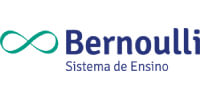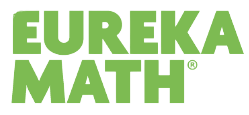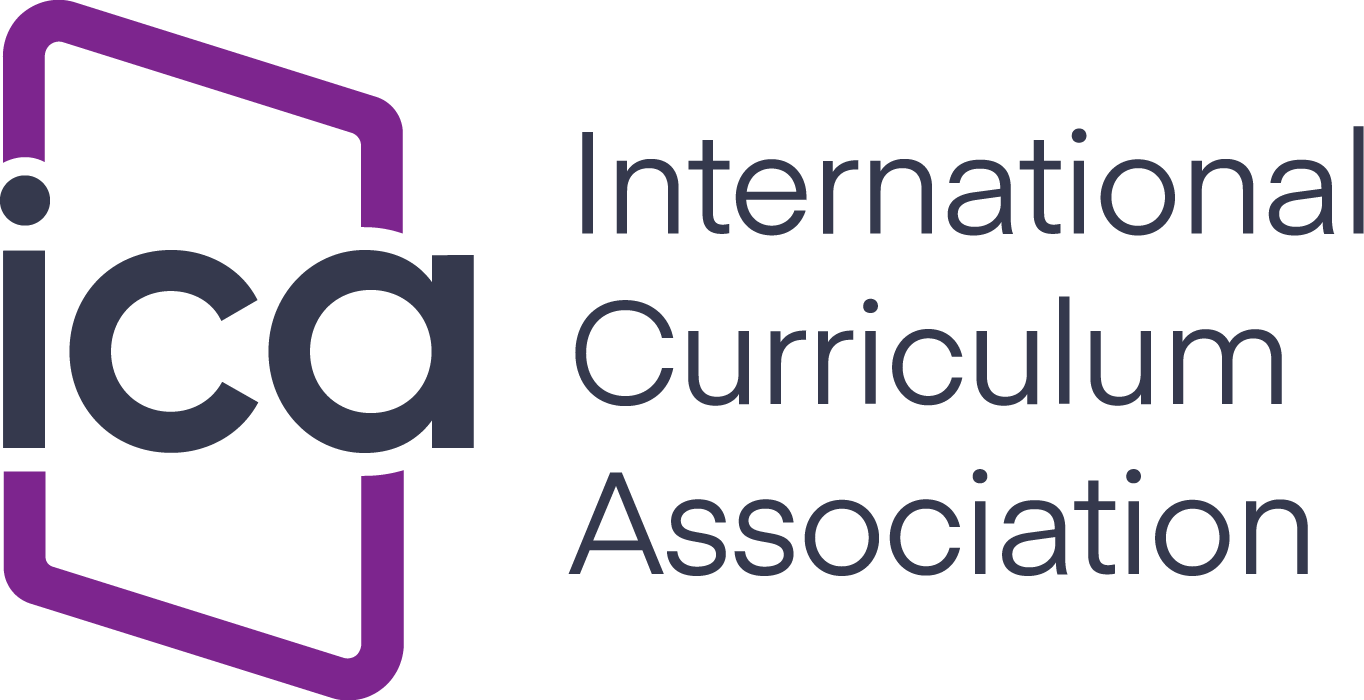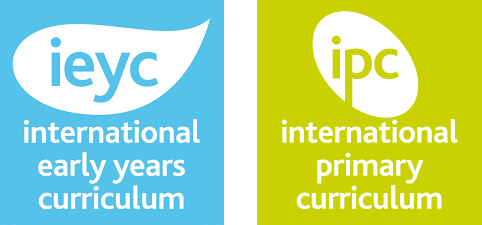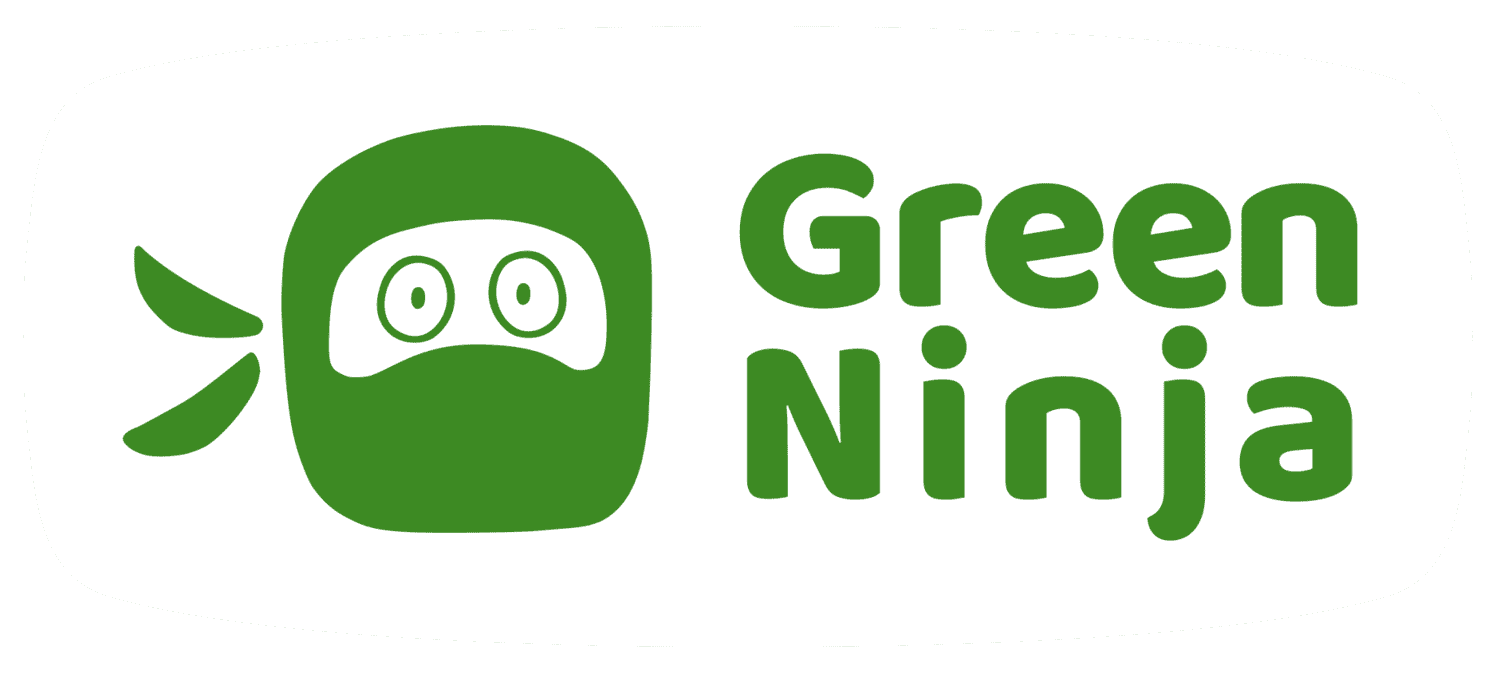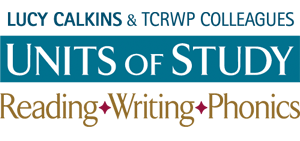The Escola Americana de Vitória (EAV) follows the guidelines of the National Base Common Curriculum (BNCC) of Brazil, and is regulated by the Ministry of Education and Culture – MEC for local accreditation purposes. In addition, the school follows the American Common Core Standards which assists the BNCC in aligning the changing focus of educational work from merely content-based curriculum to one that focuses on the development of the student as a person and citizen. At EAV students learn how to communicate in English and Portuguese, using both languages proficiently according to the different age groups and contextualized in the school learning environment.
The word curriculum comes from the Latin “currere”, which means route, path to be followed and not just a list of the contents to study. It builds a solid scientific base and develops personal and professional skills and actions focused on ethics, social responsibility and a conscious, critical and proactive citizenship.
The updates of the new national and international curricular parameters will be assimilated and built by the whole school community, including students, families, teachers, school leaders, staff and partner institutions that will be affected in all dimensions in a constructive process that meets the communities needs.
The methodology used in EAV is socio-constructivist, which proposes knowledge building through a relation between the student and the place where we live. Socio-constructivism at EAV is based on project-based methodology, which enables the students to learn through coexistence with other people in a historical, cultural and social process that lasts for a lifetime. With this, they experience the applicability of what they’re learning, according to John Dewey’s principle that states that “education is not preparation for life, it is life itself”.
Therefore, involving students with learning content, using projects, is for Bender (2014, p.15), an exciting teaching format, in which students, supervised by the teachers, select their tasks, motivated by real world problems and in many cases, it contributes to the benefit of their community.
Methodologies change, evaluations need to be renewed as well as planning. Innovating in the didactic units planning and in assessments are inseparable activities.
The continuous assessment of competences and skills in EAV exceeds the traditional one which generates only grades based on subjects contents. The old educational model is not enough to check if learning objectives have been met or to redirect educational actions to have it. Our model allows us to continuously assess, through evidence observation, the processes and products made by students. Performance is analyzed in a qualitative and personalized way, self-assessment and the metacognitive process – the learning process awareness – are promoted, objectively explaining the advances and needs for improvement, in addition to fostering the autonomy of students along their learning path.
With this in mind, we understand that assessments must be tools for students, the teacher, and families; regulating learning to direct teaching processes based on the results presented.
EAV follows international best practices that show the importance of the ways new learning is connected to twenty-first century needs, the exploration of new spaces, technological resources, innovative and entrepreneurial actions, valuing bilingual and socio-emotional learning. All these practices together enable students to make their life projects possible while they are developing into their best version of themselves.



